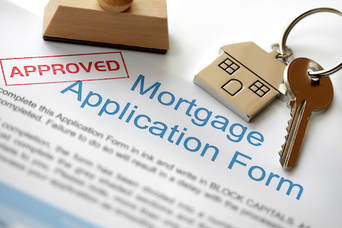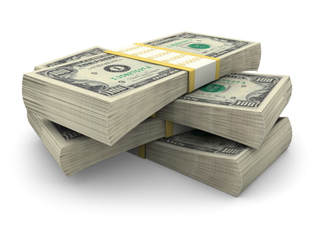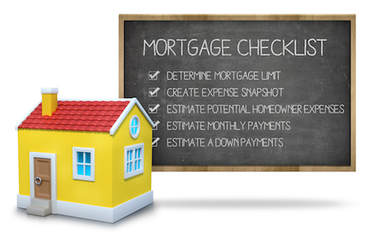What You Must Know About A Government Backed Loan

One of those ways is with a Federal Housing Authority (FHA) loan. FHA loans are a popular way to buy a home because it doesn't require a large down payment.
So how much money do you need?

However, those with minimum credit scores are not looked upon favorably by FHA. So if your credit is so-so, you might want to consider coming up with a larger down payment.
FHA Down Payment Options
Down Payment Gift Money
Your entire down payment requirement can be gifted from family, friends, your church, an employer, or any other FHA-approved organization.
But a gift is a gift. There can be no expectation of repayment. In fact, you must show that the funds received are a gift, and that the monies were not obtained from an unapproved venue.
For a gift of money, FHA requires the following:
- A "gift letter" from the giver. The amount of money must be stated in the letter. And, it must also say that no requirement for repayment is necessary.
- You'll need a deposit receipt or bank account statement to show the money has been transferred to your account.
- The giver will need to prove that he or she has the money to give. Usually, the most recent bank statement is all that is required.
Why does FHA require this kind of documentation? The gift of money cannot come from anyone who stands to gain from the sale of the property. For example, the seller or real estate agent.
FHA Down Payment Loans
Government backed FHA loans do allow you to borrow your down payment. But, as usual, there are stipulations.
The money can only be borrowed from approved sources such as payment assistance programs offered through agencies and charities.
It's worth looking into these programs if you really want to own your own home. Many of these types of programs offer very low and even NO interest loans for down payments and closing costs.

As mentioned above, the seller cannot help with down payment. However, they can play a part in covering up to 6% in closing costs.
That doesn't mean the seller lops off 6% of his or her profits. Instead, it means you tack on 6% more in the sales price of the home.
As a trade off, lender fees, property taxes, escrow fees, homeowners insurance and title insurance can be technically paid by the seller.
However, the property must appraise for the higher sales price for this strategy to work.
FHA Mortgage Insurance Premium
Because the buyer puts less than 20% down to buy a home, a mortgage insurance premium of 1.75% is charged to the buyer. Most buyers simply include that charge as part of the mortgage loan amount.
In some instances, your lender may be interested in helping you with costs through rebate pricing. You can read more about that here.themortgagereports.com/30704/guide-to-fha-home-loans-your-down-payment-and-closing-costs
Bottom line. There is help for serious homebuyers. Your job is to become as informed as possible before you jump in. It will make the whole transaction less stressful and more enjoyable.
 RSS Feed
RSS Feed